As Autism Awareness Month draws to a close, we at NEXT for AUTISM would like to highlight a key focus of our work – advancing the future for adults with autism by creating more opportunities for them. Our work addresses every life stage of individuals with autism and their families, so designing and building model programs for adults on the autism spectrum is a natural next step.
An estimated half-million young people with autism will become adults in the next decade. At this critical time in their lives, when they require services and guidance to launch them into adulthood, these young people begin to lose the supports available to them. They fall off what we call the “services cliff” just when their need for transition services increases.
While most will receive basic services through Medicaid and state funding, they still require vocational training, continued education, and reinforcement of life and social skills – supports that could ensure an engaged, joyful life.
- Only 14% of adults with autism surveyed by Drexel University held paying jobs in the community, yet we believe that many more are capable of leading productive lives with the right supports.
- One out of every four young adults with autism are socially isolated, a rate of isolation that is 3 times that of young people with other developmental disabilities. We believe that when social skills are taught and reinforced, young people with autism can live fulfilling lives.
- 50% of adults with autism live with their parents. Of those, 80% have done so for over 5 years. As parents age and develop needs of their own, we believe that their adult children with autism can be supported with services that build independence and facilitate integration into the greater community. *
The statistics bear out Uzzia Jones’ story in our featured video. Still living at home and no longer enrolled in school, Uzzia faced limited options until he joined the internship program at Growing Solutions Farm, a program supported by NEXT for AUTISM. With training not only in agriculture, but also in social and life skills, Uzzia is on his way to developing an identity as an employee and as a contributing member of his community. We hope his story will inspire you to help us help others grow similar programs. Please consider donating here to support programs for adults with autism.
*Source: Drexel University, National Autism Indicators Reports

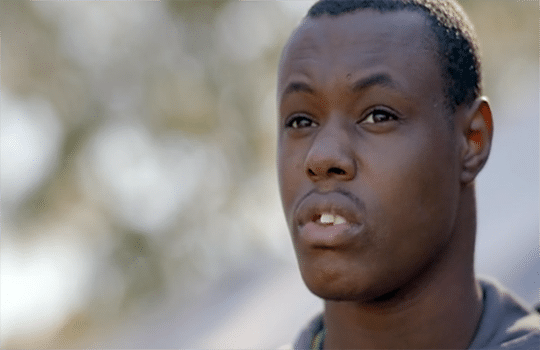
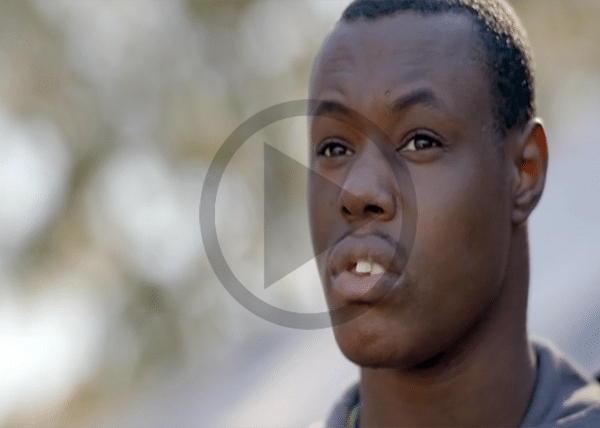
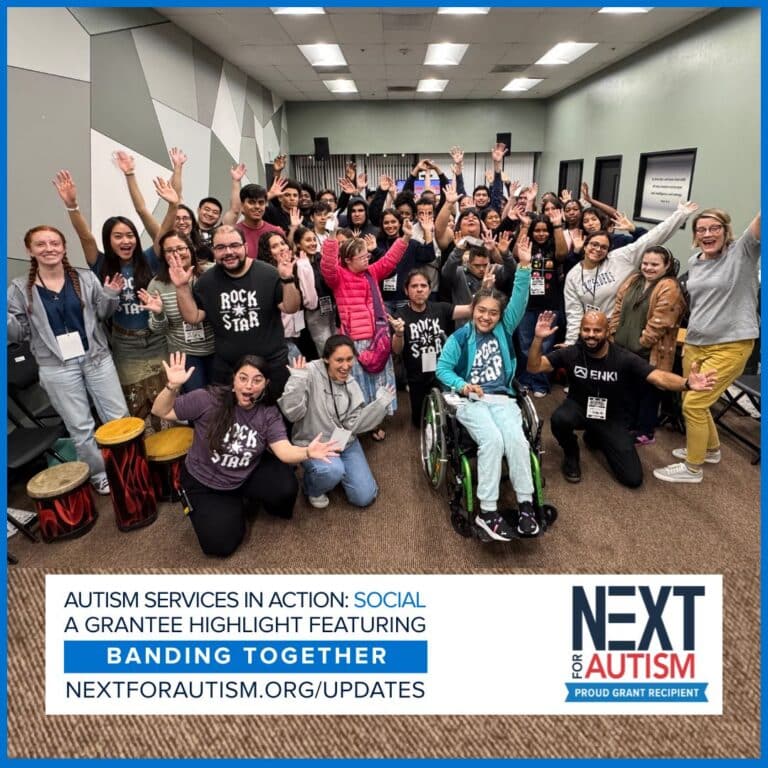
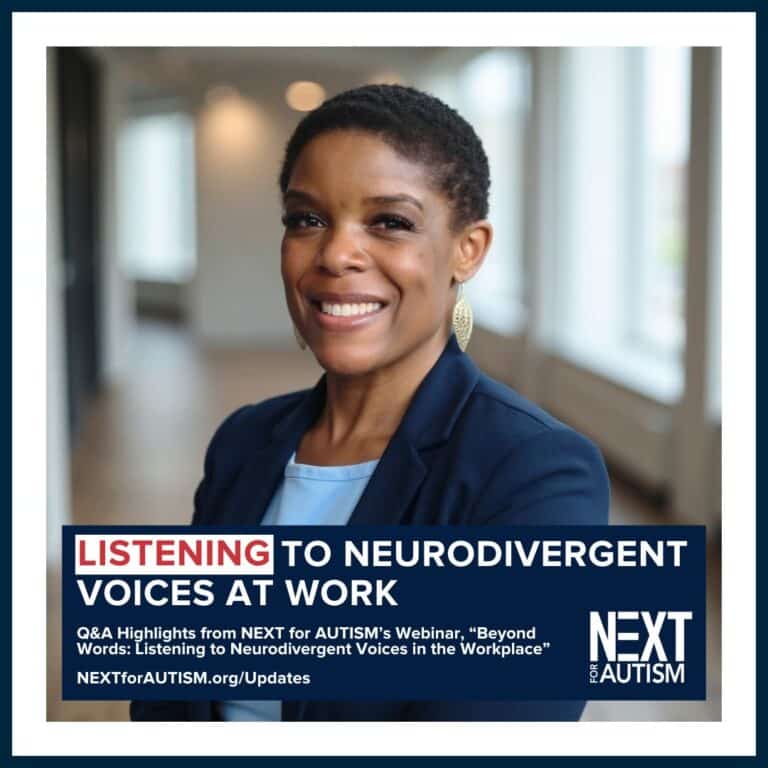
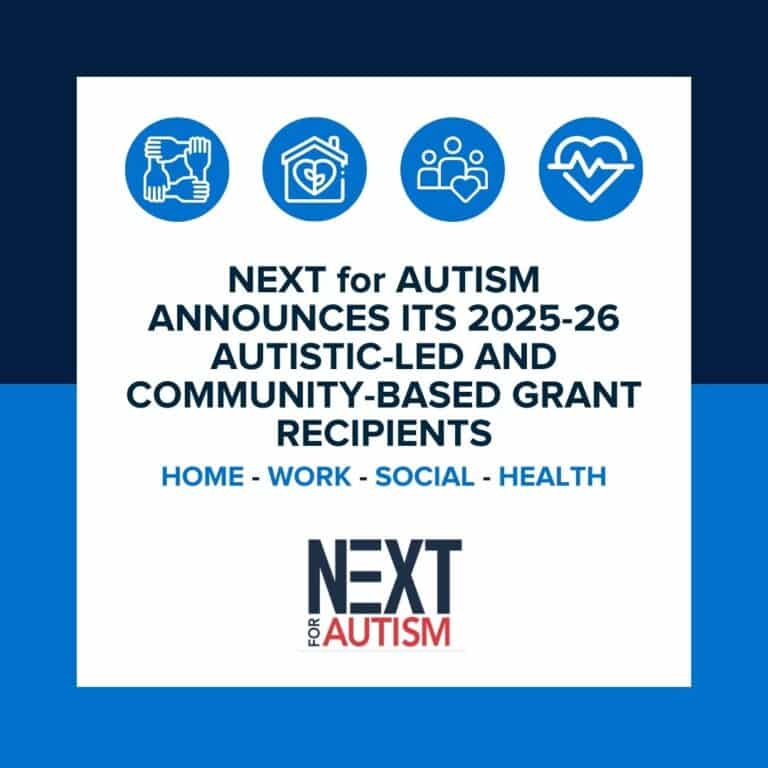



Leave a Reply